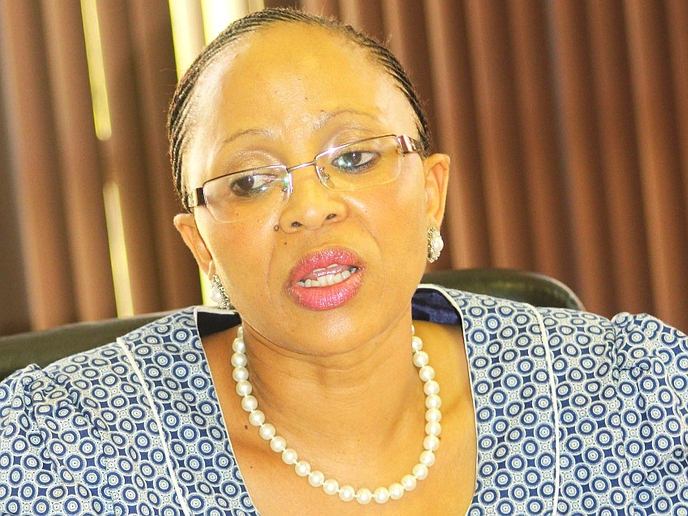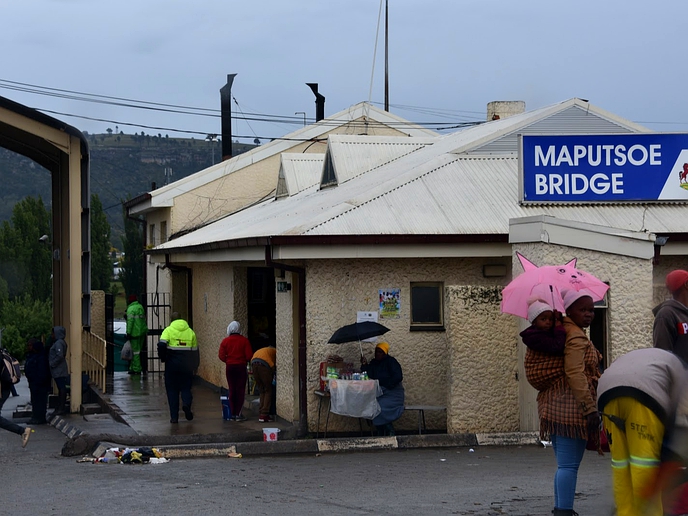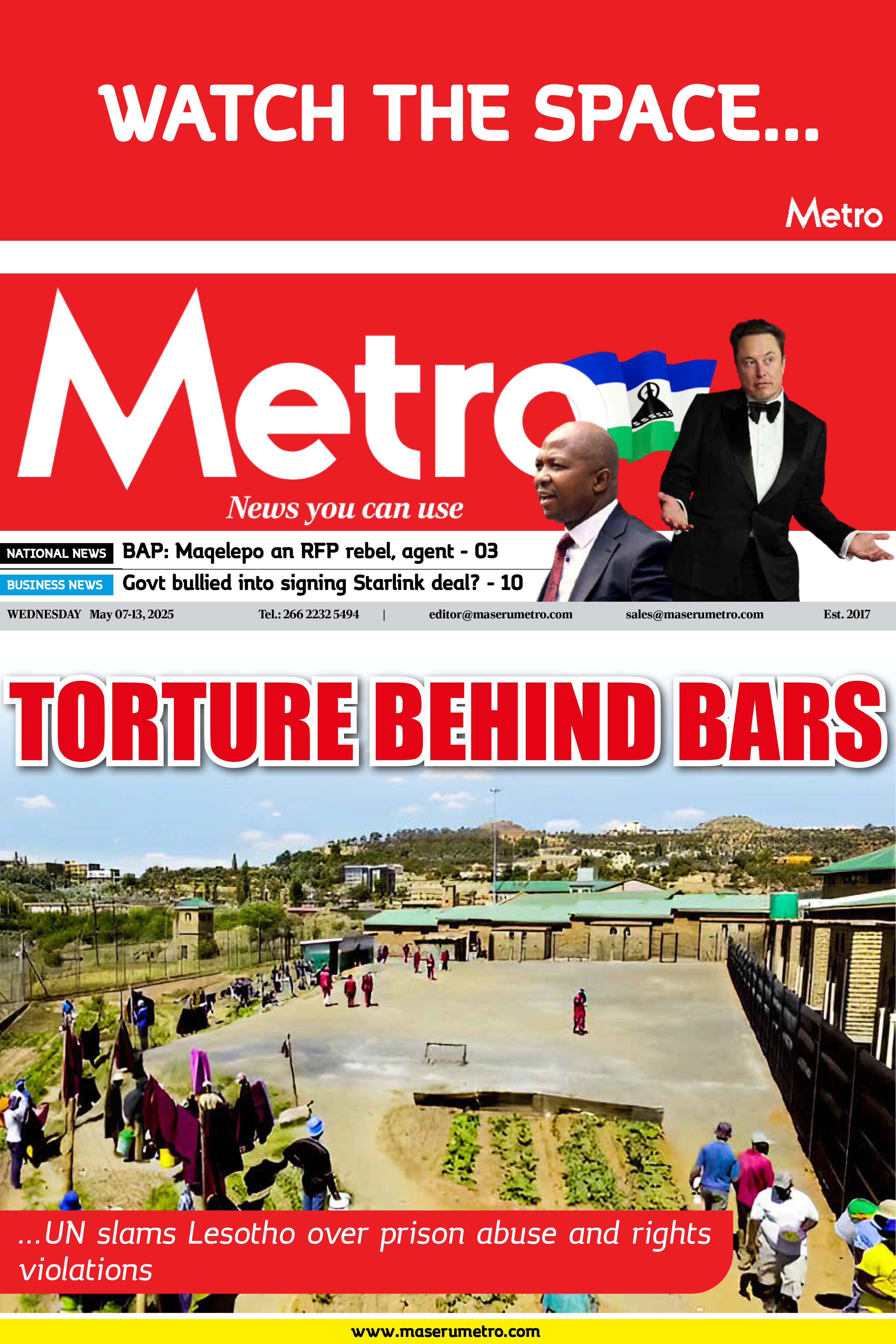BASOTHO believe that the export of their natural resources that include diamonds, water as well as wool and mohair do not benefit ordinary citizens, an Afrobarometer survey report shows.
business
Oct. 24, 2020
STAFF REPORTER
2 min read
Natural resources fail to benefit ordinary Basotho – survey

According to a press statement released by Advision Lesotho this week, the survey shows that although rich in natural resources, the country’s mountainous areas also have a high record of poverty, poor basic infrastructure and unemployment than other regions.
It states that a majority of Basotho do not have enough to eat and lack access to clean portable water.
These findings suggest that new approaches to the exploitation and sharing of the country’s natural resources are needed.
The data was collected from February to March at the time most African countries were beginning to report their first cases of the Coronavirus.
The survey further shows that Lesotho has recorded fewer than 50 COVID-19 related deaths as of October 2020.
“However, global economic pressures as a result of the pandemic are likely to affect the country’s economic outlook and performance.
“The key findings state that about two-thirds of Basotho say they went without enough food (65%) and clean water (60%) at least once during the previous year, on average and poverty in Lesotho has increased since 2017,” it also states.
It adds that the country’s mountainous areas, home to many of its natural resources, experience high levels of poverty and worse access to basic facilities such as health care services, electricity, water, and road infrastructure than the foothills and lowlands.
It further states that nine out of 10 Basotho argue that ordinary people do not benefit “much” or “at all” from the export of diamonds and water, while more than three-fourths say ordinary Basotho do not benefit from the export of wool.
Enjoy our daily newsletter from today
Access exclusive newsletters, along with previews of new media releases.
Afrobarometer is a pan-African, nonpartisan survey research network that provides reliable data on African experiences and evaluations of democracy, governance, and quality of life.
Seven rounds of surveys were completed in up to 38 countries between 1999 and 2018.
Round 8 surveys are planned in at least 35 countries in 2019/2020. Afrobarometer conducts face-to-face interviews in the language of the respondent’s choice with nationally representative samples.
The Afrobarometer team in Lesotho led by Advision Lesotho, interviewed 1 200 adult Basotho from February to March. Previous local surveys were conducted in 2000, 2002, 2005, 2008, 2012, 2014 and 2017.






